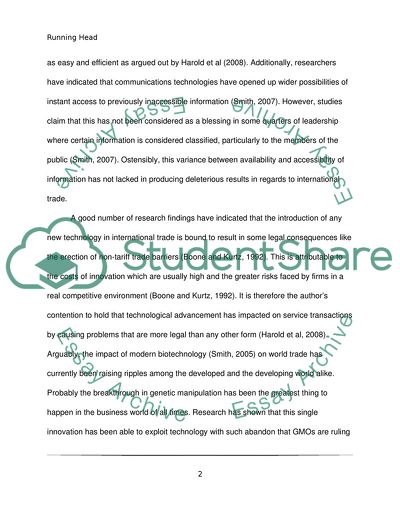Cite this document
(The Effects of Technology on Trade Literature review - 29, n.d.)
The Effects of Technology on Trade Literature review - 29. https://studentshare.org/macro-microeconomics/1737124-essay
The Effects of Technology on Trade Literature review - 29. https://studentshare.org/macro-microeconomics/1737124-essay
(The Effects of Technology on Trade Literature Review - 29)
The Effects of Technology on Trade Literature Review - 29. https://studentshare.org/macro-microeconomics/1737124-essay.
The Effects of Technology on Trade Literature Review - 29. https://studentshare.org/macro-microeconomics/1737124-essay.
“The Effects of Technology on Trade Literature Review - 29”. https://studentshare.org/macro-microeconomics/1737124-essay.


